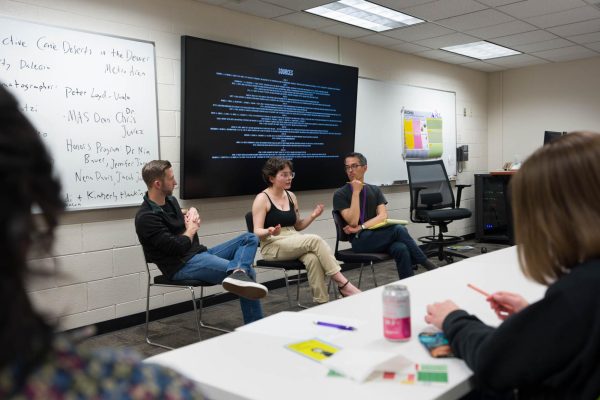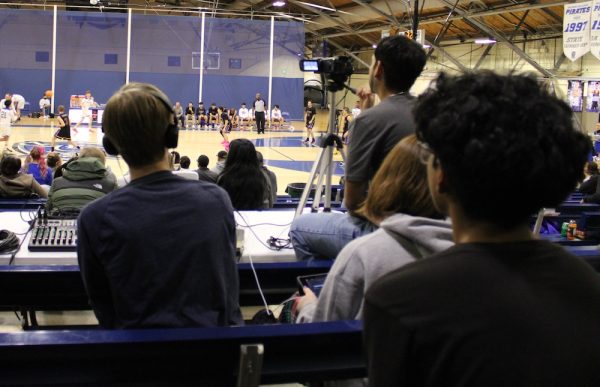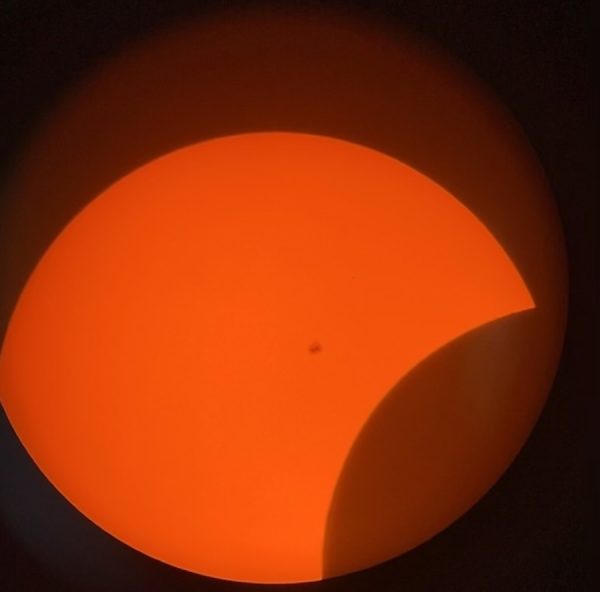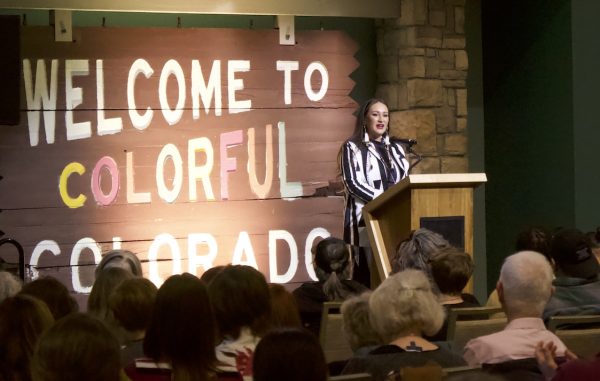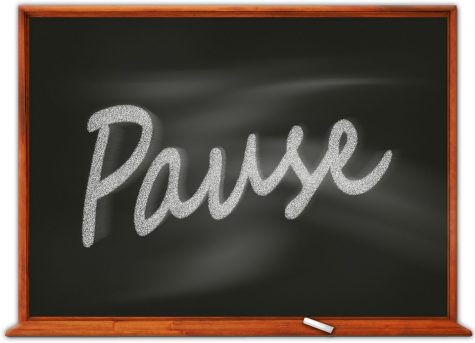Students, instructors join librarians in decrying censorship of books
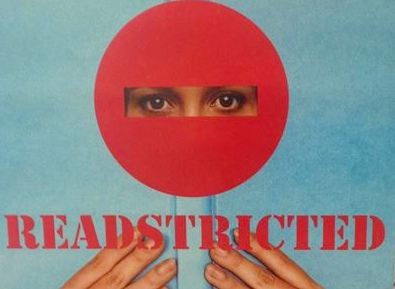
Image via Casey Lansinger
The ACC Library took its own stand against censorship last week by flaunting it.
It invited several people from ACC to read passages from books that have been banned in the United States.
Librarian Lindsey Roberts read quotes from “Farhrenheit 451” and teacher Juliet Hubbell quoted from the beginning and end of “Lolita.” The purpose was to draw attention to what society loses when the written word is censored.
Brie Mondragon, a student who works in the Library helped set up a display for Banned Books Week, which was observed at ACC Sept.27 – Oct. 3.
“I can’t believe so many of my favorite books growing up were banned at one point,” Mondragon said.
Banned Books Week was launched in 1982 in response to a surge in challenges to books in schools, bookstores and libraries. The American Library Association, one of the largest sponsors of Banned Book Week, says more than 11,300 books have been challenged since 1982, and many more have gone unreported.
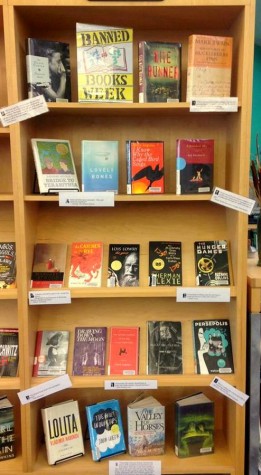
Banned books are displayed on Library shelves.
Part of the ALA’s position is simple: “Censorship can be subtle, almost imperceptible, as well as blatant and overt, but, nonetheless, harmful.”
Hundreds of libraries around the nation are addressing censorship by displaying these challenged books. At ACC, the Library presented “Writer’s Studio Open-Mic / Banned Books,” on Sept. 28 on the second floor of the learning commons. Students and instructors brought their favorite banned book to read aloud.
The Library displayed a diverse selection of banned books from “Huckleberry Finn” to “Lolita.”
Also included in the display were:
• “The Glass Castle”
• “The Kite Runner”
• “Bridge to Terabithia”
• “The Lovely Bones”
• “I Know Why the Caged Bird Sings”
• “Hunger Games”
• And many more.
Roberts’ quoting Professor Faber in Ray Bradbury’s “Fahrenheit 451,” summed it up well: “It’s not books you need, it’s some of the things that once were in books.”



